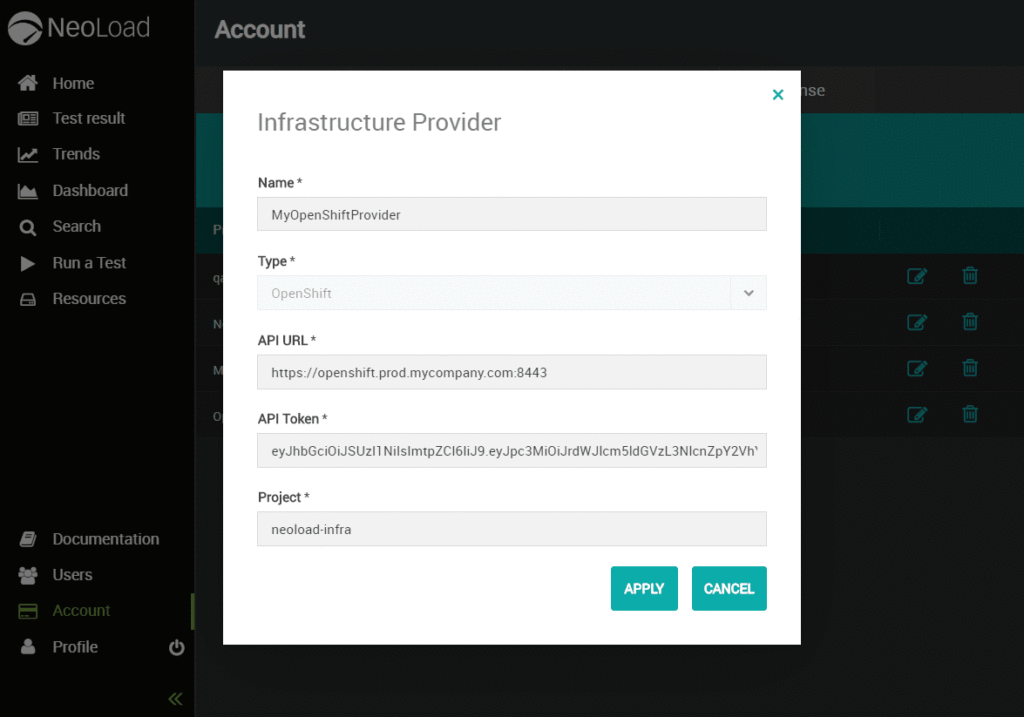
From agentic AI to API simulation: 5 Tosca features that prepare your organization for the future
From agentic AI to API simulation, Tosca’s cloud deployment is...
Tricentis NeoLoad, the market-leading continuous performance testing solution, has just released version 7.0.
Tricentis NeoLoad, the market-leading continuous performance testing solution, has just released version 7.0.
The NeoLoad 7.0 release introduces the ability for teams to load test on demand using the new dynamic infrastructure capability of OpenShift. In tandem, resource reservation is now generally available, out of its previously released preview mode. Two new enhancements are also included: enhanced Dynatrace integration and a new format for exporting raw data.
The highlights in a nutshell:

Dynamic infrastructure is NeoLoad’s new capacity to interact with container orchestrators, currently OpenShift, to provision and use load testing infrastructure automatically, on demand. When a test is run through NeoLoad Web, controllers and load generators are spun up for the duration of the test and released once the test is finished. The load testing resources are automatically provisioned with pre-set settings within a minute of executing a test on demand and the Docker containers are shut down and released once the test is complete. NeoLoad leaves the machine automatically cleared and ready for any use.
No need to write lengthy scripts to provision machines, manually connect dynamic testing resources to CI pipelines, or manually change the number of load generators used for a test. With dynamic zones, connect to testing resources in OpenShift with a few clicks. Infrastructure is set up only once. Later, increase or decrease the number of load generators easily with a slider scale. Reduce the total cost of hardware ownership as you do more with the same testing resources without the need to tie up machines indefinitely or manual steps to release and reconfigure machines. Reuse the same machines for multiple purposes beyond testing.

Resource reservation, previously released in preview mode, is now generally available. With resource reservation, reserve load testing infrastructure (controllers and load generators) and virtual users by date and duration to guarantee resources are dedicated for application performance testing for a specific team or team member and avoid testing schedule conflicts among the teams. Share and reserve resources as a team or an individual — any member of the team can cancel, modify, and use the reservation. Optimize test infrastructure usage and improve team collaboration and productivity with resource reservation.


From agentic AI to API simulation, Tosca’s cloud deployment is...

Learn how AI-driven quality intelligence transforms QA to test what...

Transform your manual testing workflow to deliver higher quality...

Join us for a preview of some of the most notable features on the...

Achieve continuous performance excellence — detect issues early,...

Learn to build a compelling business case for AI in software...